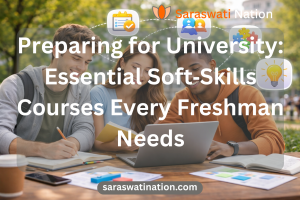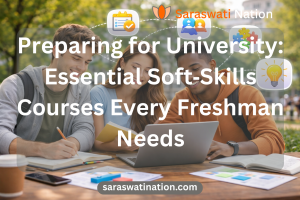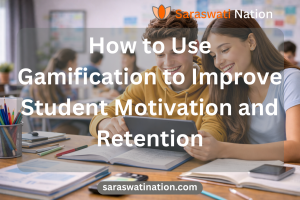
AI for Homework: What’s Allowed and What’s Cheating?
Artificial Intelligence (AI) has quickly moved from being a futuristic concept to an everyday tool for students in secondary schools, high schools, and universities. Platforms like ChatGPT and other AI-powered learning apps promise faster research, instant summaries, and even ready-made essays. But the rise of AI in education has also created confusion: what counts as a smart way to use AI for homework — and when does it cross the line into cheating?
This article will help both students and parents understand the boundaries, so AI becomes a tool for learning rather than a shortcut that undermines education.
Why Students Use AI for Homework
Today’s students are under constant pressure — tight deadlines, multiple assignments, extracurricular activities, and exams. AI tools can feel like a lifesaver. Some of the most common uses include:
- Summarizing long texts or articles
- Checking grammar, spelling, and structure
- Generating practice questions and quizzes
- Explaining complex topics in simpler terms
- Helping brainstorm ideas for essays or projects
Used correctly, these tools can improve learning and time management. But they are not without risks.
When AI Is Allowed
Educational institutions are beginning to set clearer policies on AI in homework and assignments. In general, using AI is considered allowed when it supports — but does not replace — the student’s own effort. Examples include:
- Using AI for grammar and spelling checks (like a more advanced version of spellcheck).
- Asking AI to explain difficult concepts in simpler language.
- Using AI to generate study plans or schedules.
- Practicing with AI-generated quizzes to test understanding.
In these cases, AI is like a tutor or learning assistant. It helps the student learn more effectively without doing the work for them.
When AI Becomes Cheating
On the other hand, AI crosses into cheating when it replaces original student work. This includes:
- Submitting AI-generated essays, reports, or homework as your own.
- Copying answers directly from AI without fact-checking or rephrasing.
- Using AI during tests or exams where external assistance is not allowed.
- Allowing AI to complete entire assignments without personal input.
The problem here isn’t the technology — it’s that the student isn’t demonstrating their own learning or skills. Most schools and universities view this as plagiarism or academic dishonesty.
Risks of Misusing AI
Even beyond academic rules, there are risks when students over-rely on AI for homework:
- Inaccurate information: AI sometimes gives wrong or outdated answers.
- Loss of critical thinking: Students may learn less if they let AI do all the problem-solving.
- Disciplinary consequences: Getting caught submitting AI-generated work can lead to penalties, failing grades, or even expulsion.
That’s why students and parents must understand how to use AI responsibly.
How to Use AI the Right Way
AI can be an incredible learning partner if used wisely. Here are some best practices:
- Treat AI as a support tool, not a replacement.
- Always review, edit, and fact-check AI-generated content.
- Use AI for idea generation and explanations, but write assignments in your own words.
- Follow your school’s academic integrity policies closely.
By combining AI’s efficiency with their own effort, students can learn faster while still developing critical thinking skills.
Final Thoughts
AI is here to stay — and it’s already shaping how students study and complete assignments. The key question is not whether AI should be used, but how. Used responsibly, AI can help students become more efficient learners. Misused, it becomes cheating and can harm both grades and long-term skills.
At Saraswati Nation, we help students and parents navigate these new challenges. Our online courses and AI-supported teaching show how to use technology responsibly while building real knowledge and confidence.
👉 Contact us today to learn more about our courses.
👉 Visit our shop to explore online programs designed for pupils and students who want to study smarter and succeed in school.



